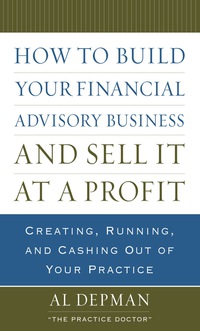Case Study // Wow, only have a 2-year degree, but I can will save enough so that I can stop working one point! FINANCIAL PLANNING At age 37, Paul Li decides to plan for his retire ment at age 67. He currently has a net worth of about $45,000 including the equity in his home. He assumes that his employer will contribute $3500 to his retirement plan at the end of each year for the next 30 years. He plans to put one- half of his money in a mutual fund containing stocks and the other one half in a mutual fund containing bonds I 1. 1. Estimate La's net worth at age 67 if his net worth grows at 5 per year, his stock fund grows at 10% per year, and his bond fund grows at 6% per year. 2. 2. Li is amazed that he will be able to accumulate over $600,000. However, he knows that inflation will increase his cost of living significantly in 30 years. He assumes 3% inflation and wants to find the income he needs at age 67 to have the same purchasing power as $40,000 today. (Hint. Look at inflation in Section 10.2 and use the compound interest table in Section 10.13) . 3. Li has read newspaper articles stating that Social Security benefits will be reduced in the yeurs ahead. After some thought, he decides to be conservative and assume that Social Security will pay only the first $30,000 of the annual income he needs at age 67. Find the remaining income he will need beginning at age 67. 4. La decides to plan funding for his retirement for 20 years, from ages 6710 87. If funds earn 8' compounded annually find the present value of the annual income that he needs at 67 based on the income from part 3. above. 5. Will his expected savings fund his retirement? 6. What could go wrong with his plans? Case Study // Wow, only have a 2-year degree, but I can will save enough so that I can stop working one point! FINANCIAL PLANNING At age 37, Paul Li decides to plan for his retire ment at age 67. He currently has a net worth of about $45,000 including the equity in his home. He assumes that his employer will contribute $3500 to his retirement plan at the end of each year for the next 30 years. He plans to put one- half of his money in a mutual fund containing stocks and the other one half in a mutual fund containing bonds I 1. 1. Estimate La's net worth at age 67 if his net worth grows at 5 per year, his stock fund grows at 10% per year, and his bond fund grows at 6% per year. 2. 2. Li is amazed that he will be able to accumulate over $600,000. However, he knows that inflation will increase his cost of living significantly in 30 years. He assumes 3% inflation and wants to find the income he needs at age 67 to have the same purchasing power as $40,000 today. (Hint. Look at inflation in Section 10.2 and use the compound interest table in Section 10.13) . 3. Li has read newspaper articles stating that Social Security benefits will be reduced in the yeurs ahead. After some thought, he decides to be conservative and assume that Social Security will pay only the first $30,000 of the annual income he needs at age 67. Find the remaining income he will need beginning at age 67. 4. La decides to plan funding for his retirement for 20 years, from ages 6710 87. If funds earn 8' compounded annually find the present value of the annual income that he needs at 67 based on the income from part 3. above. 5. Will his expected savings fund his retirement? 6. What could go wrong with his plans







